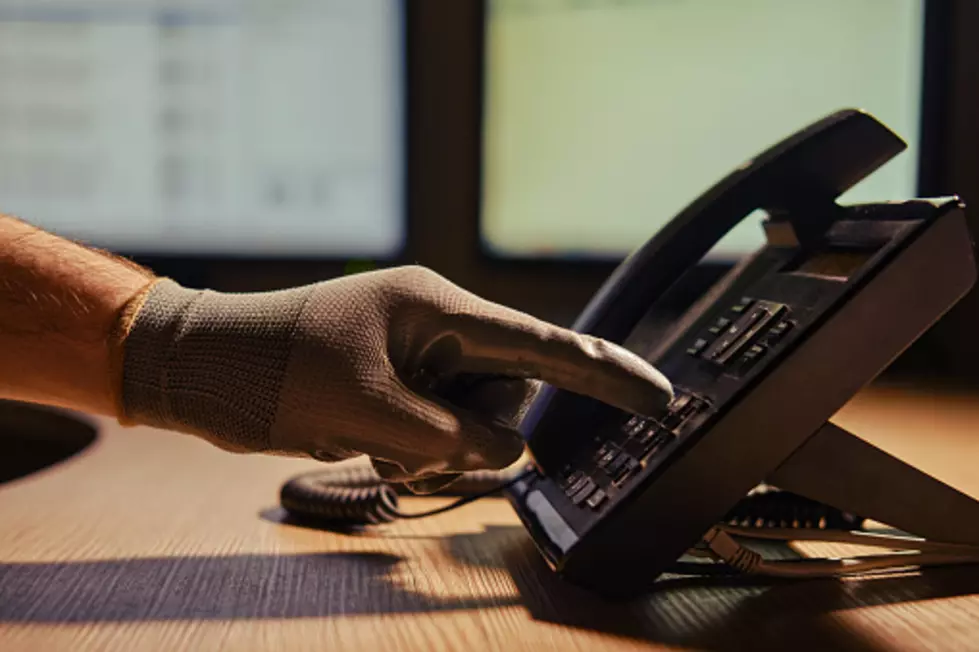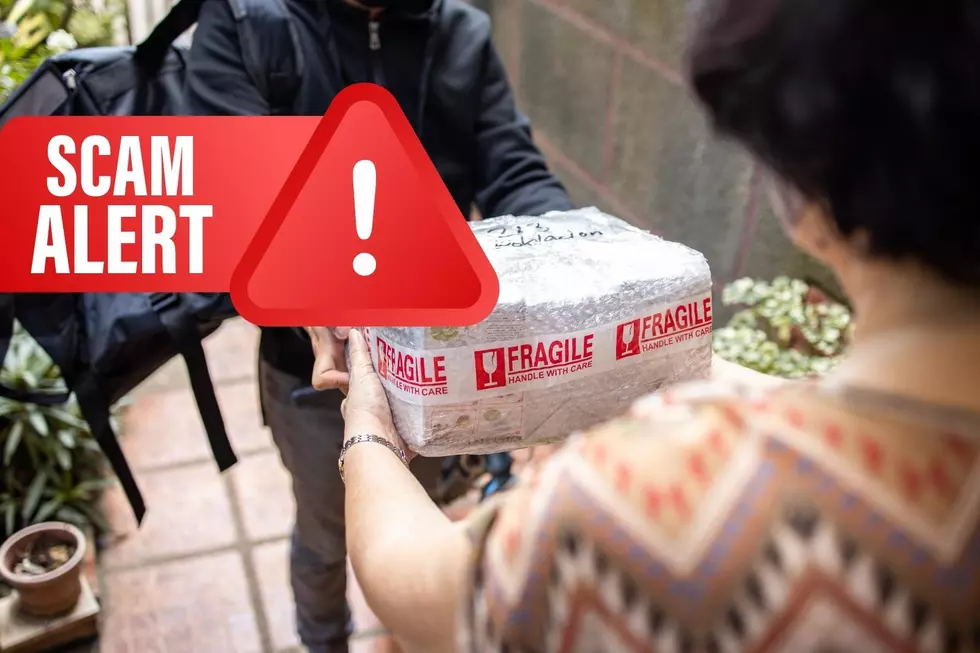
Be On the Lookout–Summer Time is Scamming Time
It's not that there's a single season that brings the scammers out, because really, they're trying to take your money, identification, and passwords all year long. It's just that summer offers scammers a few more opportunities than the other three seasons do.
Owen Stiffler, a reporter for MyStateline.com, took a look at the most common summertime scams as reported by the Better Business Bureau. Not surprisingly, the scam-for-all-seasons is the "IRS Scam."
50% of all reported scams and inquiries fall under this category. Tax scams are not new, but the methods by which fraudsters commit them are. Recently, the IRS says scammers have added a reference to the "Electronic Federal Tax Payment System."
Scammers will call and tell victims they've sent two certified letters that were returned as undeliverable. They use this method to seem more credible, as the IRS would send letters to communicate with taxpayers. A reminder, the IRS, and all collection agencies, will never call to demand payment via credit card, gift card or wire transfer.
The typical summer scams are still being tried, not just in the Rockford area, but nationwide. Those would include "storm chasers," or people who show up in an area that's rife with storm damage. They try to line up repair work, get a large down payment on their prospective jobs, then they take the money and run. Many that do stay around to do the promised work do it at a high price with less-than-ideal results. An offer for seal-coating your driveway at a price that's too good to be true can often end up with the seal-coating running down your driveway into the storm sewer after the first rain.
Other ongoing and notable scams that Owen listed in his report include:
Government grants - fake calls and notifications saying you have an accepted grant.
Employment - identity and money theft is a common attack on job seekers
Tech support - scareware, ransomware and false tech support calls
Online purchases - everything from fake ads to bogus websites and merchandise
As for the IRS Tax Scams, the BBB says this on their website:
The IRS (and its authorized private collection agencies) will never...
- Call to demand immediate payment using prepaid debit cards, gift cards or wire transfers.
- Threaten to immediately bring in local police or other law-enforcement groups to have the taxpayer arrested for not paying
- Demand that taxes be paid without giving the taxpayer the opportunity to question or appeal the amount owed.
- Ask for credit or debit card numbers over the phone.
Gosh, sometimes it seems like the whole world is out to liberate your money from you, doesn't it?
More From WROK 1440 AM / 96.1 FM









